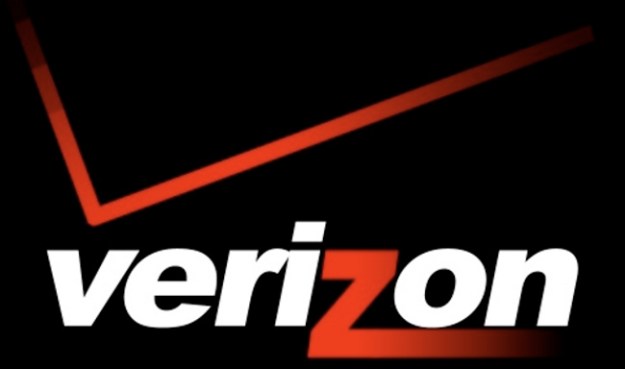
Verizon Wireless has released its first-quarter earnings report, showing total operating revenues of $29.4 billion, up 4.2 percent from Q1 2012. The report shows a growth of 15.1 percent for FIOS Internet and FIOS video.
The figures go hand-in-hand with their 7.2 million smart phone sales, with four million of those being iPhones and 28 percent being to new customers.
The company’s CEO, Lowell McAdam said in a statement today, that “Verizon is off to an excellent start in 2013. Our strategic investments in wireless, wireline and global networks have given us the platforms to sustain momentum and take advantage of growth opportunities in key markets for broadband, video and cloud services. With ongoing improvements in operating efficiency, we expect continued growth in free cash flow and earnings as we move through the year.”
Things aren’t all great for Verizon, though. An online petition with almost 90,000 signatures is urging Verizon’s executive director of Corporate Communications Brenda Raney to do away with contracts entirely. The petition, created by on Mike Beauchamp, notes the perpetual state of evolution in the mobile industry as a sound enough reason to forego time-based contracts.
Mr. Beauchamp’s petition reads, “The major handset manufacturers all release updated, newer, faster, more powerful devices much more frequently. Apple and Samsung, the two dominant players in mobile, release a new flagship phone every year like clockwork.” He cites recent service changes in Google’s and T-Mobile’s that have eliminated traditional contracts altogether.
Altogether, it might not even matter what evidence he can present, as the petition’s current signatures account for just 1 percent of Verizon’s customer base, according to Forrester Research analyst Charles Golvin, That figure’s even assuming that all of the signers were Verizon customers (which they’re not).
That said, Mr. Golvin is more concerned with shady business practices, it seems, believing “Americans are conditioned to believe that phones have an unrealistically low price because they are subsidized by carriers …. the larger picture is all of the U.S. carriers trying to ween customers off this impression that the phones cost $100 or $200 and make more visible the actual cost of the device.” He also believes that carriers “Have the task of making known the real price of the phone they’re offering.”
As consumers, we all have certain restrictions, as well as rights. The case can be made that offering phones at a substantial discount and throwing in a 2-year contract seems fair in a lot of ways. But it’s not so easy to justify when the mobile industry seems to be taking off quickly enough to include several product iterations or even generations in a calendar year. Whatever the case there, Mr. Golvin concluded his by stating, “So far, it seems like despite whatever dissatisfaction, the overall numbers are still very much in Verizon’s favor.”


